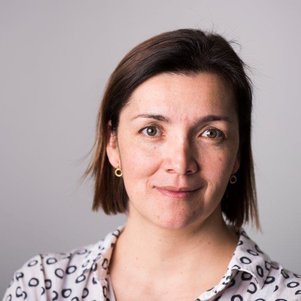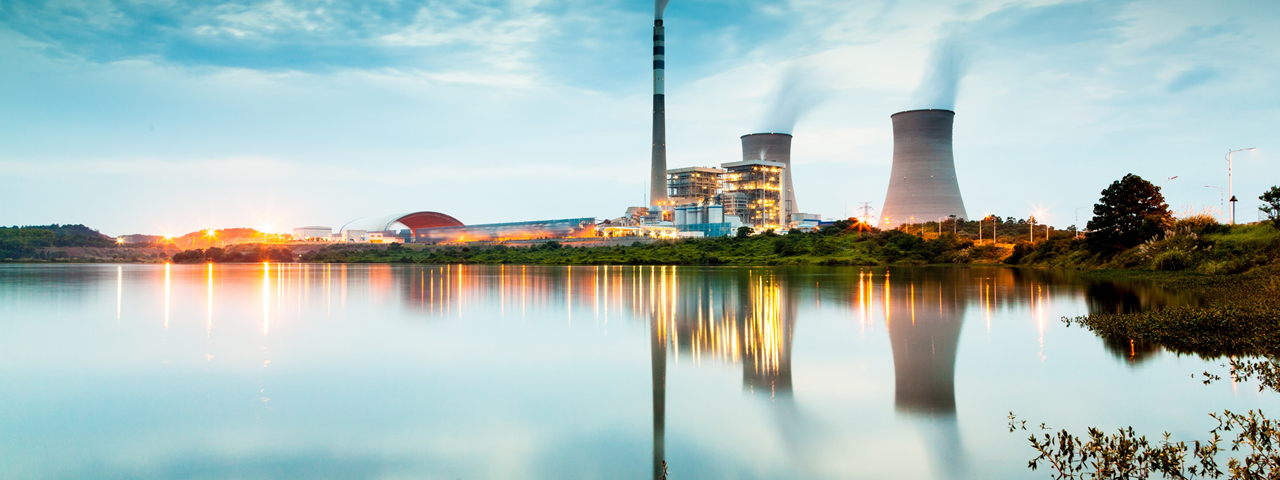TU Delft develops helpful cost guidelines for carbon capture
Capturing and storing CO2 is one of the many technologies that are needed to combat climate change. The technology is available and already used in various projects, but it is not yet implemented on a worldwide scale. The lack of knowledge about the costs of Carbon Capture and Storage (CCS) could cause investors to back away. A worldwide consortium of twelve researchers in the field of CCS, joined by Andrea Ramirez from the TU Delft, collaborated on a comprehensive white paper. The white paper helps to understand how to properly estimate the costs involved in carbon capture and storage projects.
“Carbon capture and storage is a costly but much needed technology”, says Andrea Ramirez, professor of Low Carbon Systems and Technologies. Investors and policymakers make their investment decisions depending on the available knowledge and the reliability of cost estimations of this relatively new technology. The newly released white paper covers both factors. Twelve researchers from various institutions across the globe combined their latest research to give insight into the factors that affect costs estimation of new capture technologies, and provide guidelines for carrying out such estimations.
Cost-modelling techniques
To determine the costs of carbon capture technologies that are not yet commercial, several cost-modelling techniques are used. A problem is that, quite often, studies take different aspects into account making comparisons very difficult. Ramirez: “If you fill a model with incorrect numbers, you’ll end up with an incorrect estimation.” The level of uncertainty in the estimation is high, especially when the technologies are still being developed at laboratory level. “Cost assessment of novel technologies is not about getting the estimate right to the decimal point, that is not possible”, says Ramirez. It is about developing estimates that help investors and developers to understand the competitiveness of a technology by providing insights into the main costs drivers and the bottlenecks that need to be addressed.
The white paper paves a way for tomorrow’s CCS technology. Ramirez: “Unreliable estimations raise false expectations. By making more reliable estimations and cost analyses, decision making on whether or not to invest will be easier.” A next step in CCS would be to use the captured CO2 as a building block, in example for synthetic fuels or for plastics. The methods to do such conversions are being developed within the e-Refinery program at TU Delft.
More information
Read the white paper here.
Contact
Prof. dr. Andrea Ramirez Ramirez, c.a.ramirezramirez@tudelft.nl

